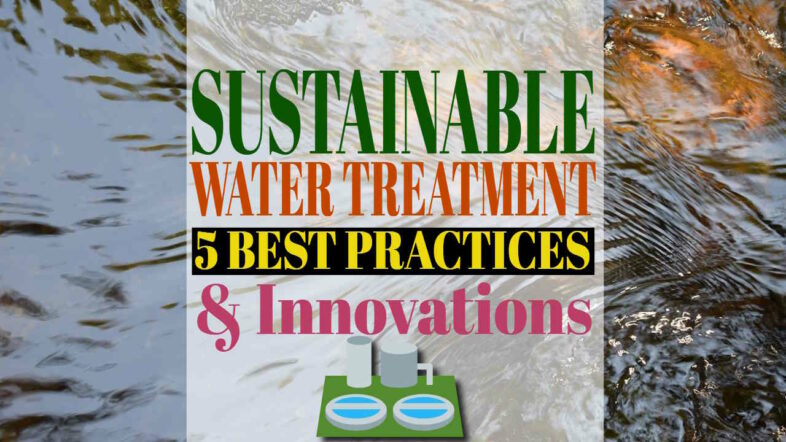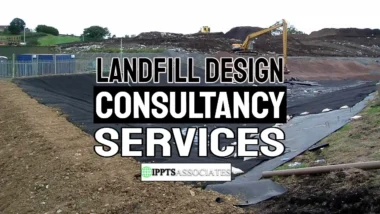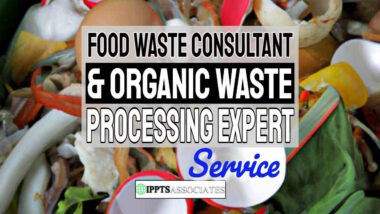As engineers and technicians, these days each new project brings new challenges to incorporate sustainable water treatment into our project designs. Of course, we are not about to throw out the best practice guidance of the past. The way ahead is to build on past success while seeking out the numerous new technologies and methods now available to use as professionals in the field.
Water is important to all life, not least to us as humans, and demand for its treatment grows continually. It is also a scarce resource. It really matters that we professionals get our treatment solutions right, not just for our clients but for society as a whole.
There is a pressing need for sustainable water management strategies in light of the rising global demand for potable water. Experts in the field of water treatment, such as engineers and technicians, play a key role in protecting the future of the world’s water supply.
This post will go over some of the most cutting-edge methods that engineers and technicians can use to treat water in a sustainable manner.
1 – Use Unconventional, Sustainable Energy
Using renewable energy is a top sustainable water treatment strategy. Engineers and technicians can lessen their impact on the environment and save money in the long term by switching to renewable energy sources like solar and wind power to operate water treatment facilities. We can help slow climate change by reducing our use of fossil fuels and increasing our use of renewable energy.
For example, a number of water treatment technologies also raise the water temperature. That in itself can often have a negative environmental impact on a watercourse ecology. However, the use of this unwanted heat as a free heat source for a heat pump can have multiple benefits. It may only require a fairly low-cost heat exchanger if a building nearby was to be supplied with heat from this source.
2 – Ecologically Sound Infrastructure
Sustainable water treatment can additionally make use of green infrastructure. Capturing and filtering stormwater runoff through methods like rain gardens, green roofs, and permeable pavements can lessen the demand for groundwater-hungry and reservoir-depleting treatment facilities. Water systems that are more sustainable and robust to climate change impacts can be developed by using these forms of green infrastructure.
A good example of green infrastructure can be the use of reed beds for sustainable water treatment. Reed beds not only provide a form of sustainable water filtration system as the water flows through the rhizome root zone but the microorganisms present can very effectively remove nutrients, many metals and other pollutants as well.
3 – Adopt Water-Reuse Practices
Sustainable water treatment can also make use of novel practices like water reuse. We can conserve fresh water and reduce wastewater output by employing treated water in industrial processes and agricultural irrigation. In addition to lowering water consumption generally, this can minimise water bills.
Sustainable water use can be to reuse treated water for irrigation and as so-called grey water for flushing toilets etc.
4 – Spend money on cutting-edge technology
Sustainable water treatment relies heavily on investments in cutting-edge technology. New water treatment technologies are on the horizon, and they promise significant savings in resources and money. Membrane filtration, UV sterilisation, and reverse osmosis are just a few examples of these methods. With these innovations, we can lessen the ecological toll of our water purification systems without sacrificing effectiveness.
5 – Make People Care and Get Them Involved
Last but not least, it is crucial to inform and involve stakeholders in the development of sustainable water treatment methods. Engineers and technicians are included here along with managers, do-it-yourselfers, and other professionals. We can foster a culture of sustainability beyond the water treatment business by educating people on the importance of sustainable water treatment procedures and offering training on best practices.
For clients who are keen to take positive action themselves, and don’t mind putting up with time spent daily performing some routine tasks, one of the sustainable water solutions for home is to install and run your own home biogas plant. The use of the output as a garden fertiliser can be very rewarding for gardeners.
Sustainable Water Treatment – Conclusion
The ability to purify water in a sustainable manner is crucial. Engineers and technicians working in the water treatment sector can take the initiative in advocating for more environmentally friendly methods.
The use of renewable energy sources, green infrastructure, water reuse, sustainable waste management, and cutting-edge technologies are all examples of best practices that can contribute to more sustainable and resilient water systems.
In addition, we can guarantee that sustainability is still a top concern in the water treatment business and beyond by educating and engaging stakeholders in innovative sustainable water systems.
Constructing SSAFO Compliant Digestate Storage Lagoons
In the world of sustainable agriculture, managing waste effectively is a key challenge. Many biogas plant owners are on the lookout for dependable solutions to handle the by-product of anaerobic digestion—digestate. One pressing issue is finding ways to store this material safely and in compliance with environmental regulations. A standout solution involves constructing SSAFO compliant […]




